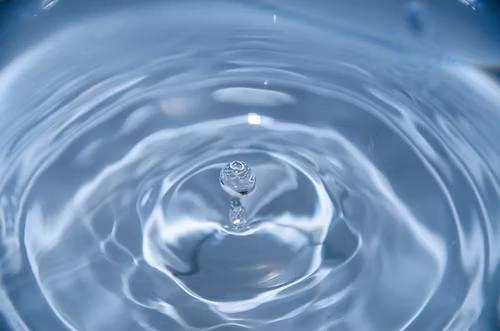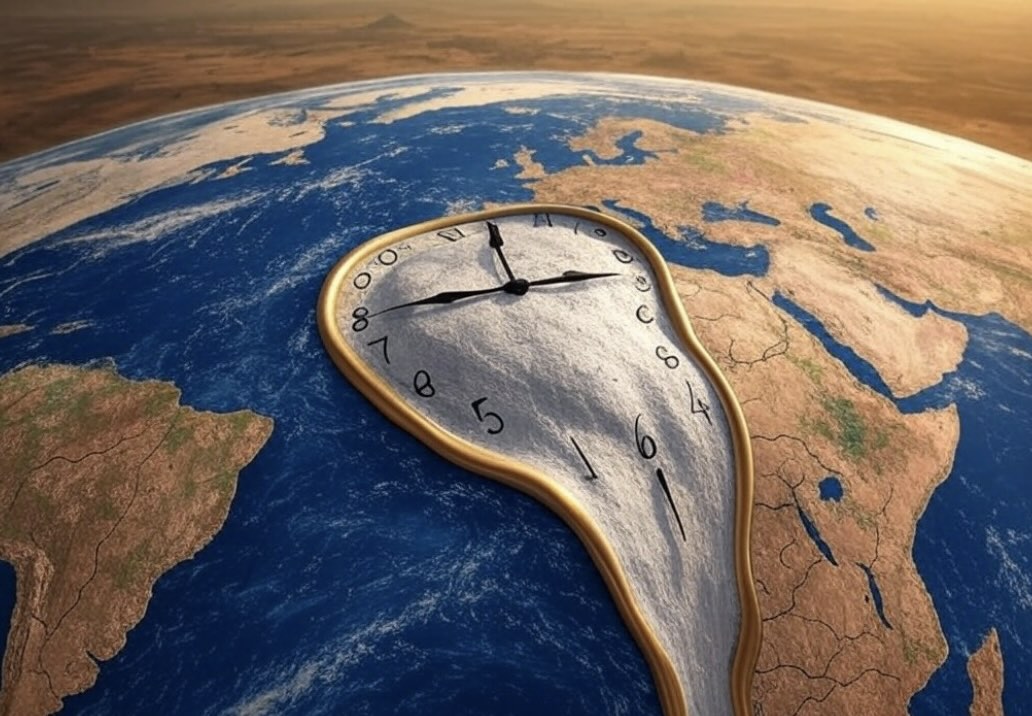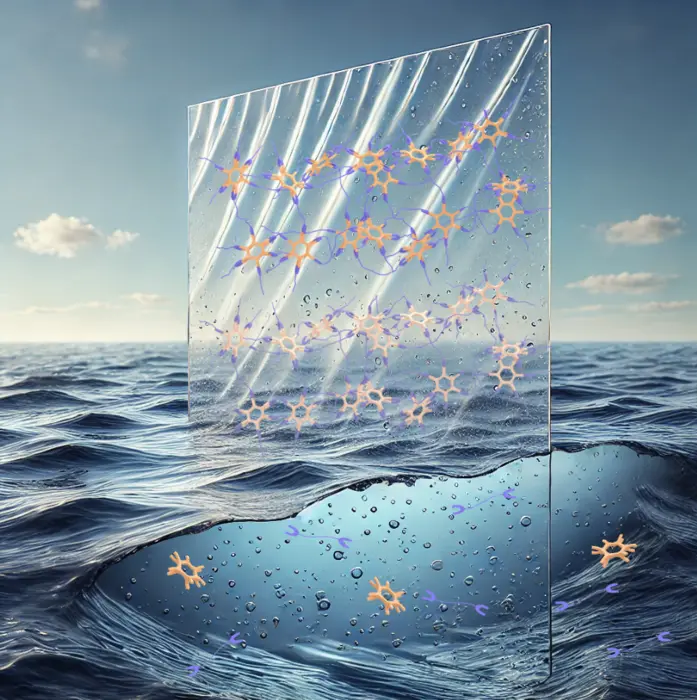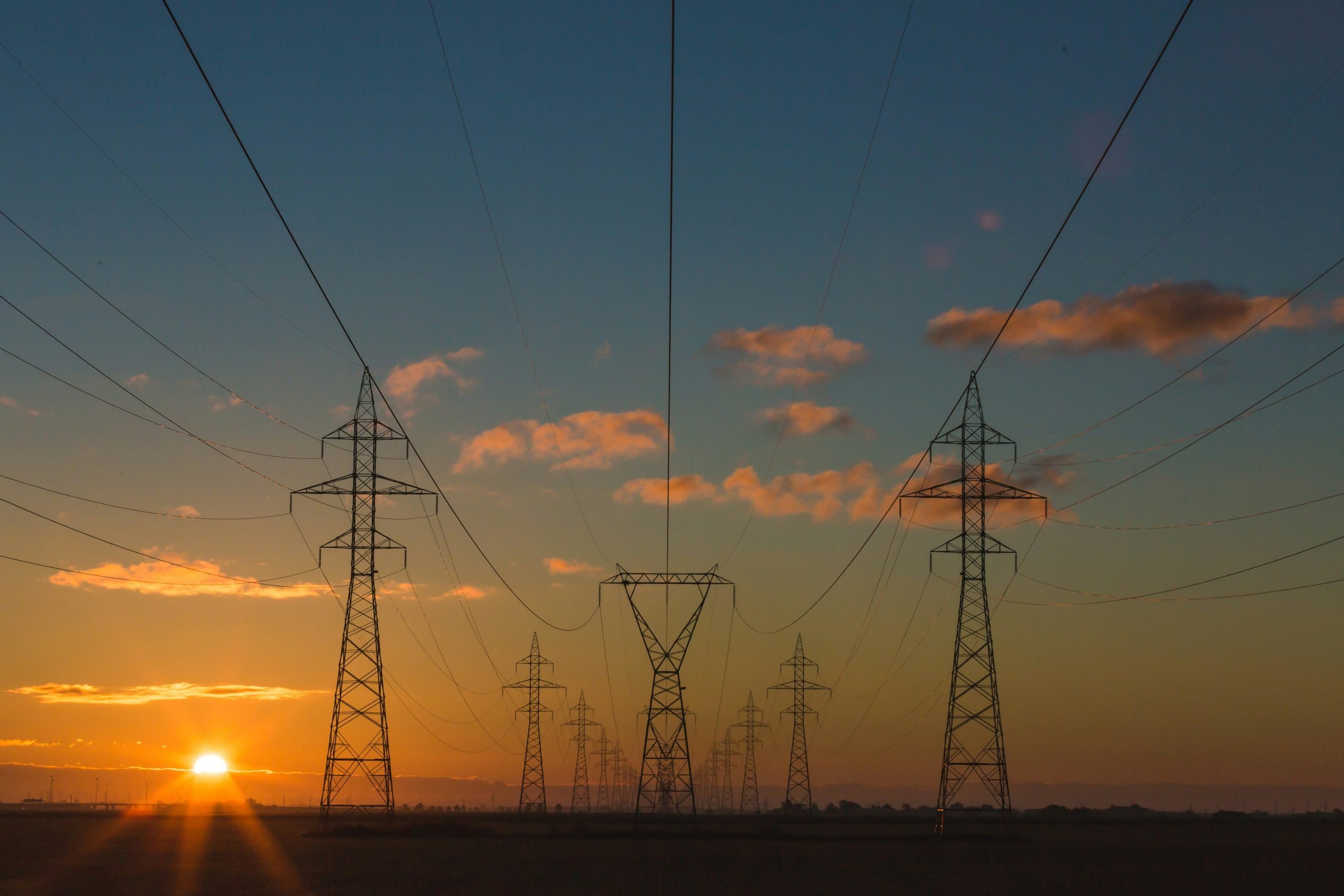Water, often referred to as the essence of life, is a fundamental component of our existence. But not just any water—clean water is what truly matters. The significance of clean water in safeguarding human health cannot be overstated. Here’s a closer look into why clean water is so integral to our health.

Current status of water resources
The current status of water resources is a matter of global concern, especially against the backdrop of climate change, population growth, and rapid industrialization. Here’s an overview of the current situation of water resources:
- Water Scarcity: According to United Nations reports, approximately 2 billion people live in areas of water scarcity, and this number is projected to rise by 2050. Many regions, particularly arid areas, face severe water shortages.
- Water Quality Issues: Industrial pollution, residues from agricultural chemicals, urban wastewater, and other pollutants have led to a decline in water quality globally. This threatens not only drinking water resources but also impacts ecosystems.
- Over-extraction: The demand for water for agricultural irrigation, industrial use, and household needs has led to the excessive extraction of many groundwater resources. This has resulted in many wells drying up and causing land subsidence.
- Impact of Climate Change: Climate change, with its extreme weather events such as droughts and floods, makes water resources even more unstable. The melting of glaciers also poses a threat to freshwater supplies in certain regions.
- Unequal Distribution: While water is a basic human right, access to clean drinking water remains unequal worldwide. People in some areas have to expend significant time and effort to obtain clean water.
- Infrastructure Issues: In many developing countries, there’s a lack of efficient water treatment and distribution systems, leading to significant water loss and contamination.
- Economic and Policy Impacts: The management and allocation of water resources are often influenced by policy, economic, and societal factors, which can sometimes lead to irrational use of the resource.
- Degradation of Ecosystems: Improper management and utilization of water resources don’t just affect humans; they threaten the health and survival of numerous ecosystems.
In conclusion, the current state of water resources is multifaceted and influenced by a myriad of factors. Governments, organizations, and individuals worldwide need to take steps to ensure sustainable management and use of water resources.
How does it impact the human’s health?
-
Battling Waterborne Diseases
When water is polluted or contaminated, it becomes a breeding ground for various pathogens. Diseases like cholera, dysentery, and typhoid are directly linked to contaminated water sources. By ensuring access to clean water, we substantially reduce the risk of such infections, safeguarding communities from outbreaks and potential epidemics.
-
Ensuring Proper Hydration
Water isn’t just about quenching thirst—it’s about maintaining the body’s fluid balance. Clean water aids in digestion, absorption, circulation, and even temperature regulation. When deprived of adequate clean water, individuals can face dehydration, which, if severe, can have dire consequences.
-
Promoting Kidney Health
Our kidneys play a pivotal role in filtering out waste from our bloodstream. Clean water aids this filtration process, ensuring that our kidneys operate efficiently. Moreover, consistent intake of clean water reduces the risk of painful conditions like kidney stones.
-
Facilitating Digestion
Digestion is a complex process, and clean water is its silent partner. It not only aids in the breaking down of food but also ensures smooth bowel movements, preventing conditions like constipation.
-
Detoxifying the Body
Every day, our bodies encounter toxins—through food, air, and even skin contact. One of the body’s natural detox mechanisms involves using water to flush out these harmful substances. Clean water ensures that our body’s detoxification processes work optimally, reducing the burden on organs like the liver and kidneys.
-
Protection from Chemical Hazards
Polluted water often carries with it a slew of chemical contaminants—from industrial residues to agricultural runoffs. Consuming such water exposes our bodies to these harmful substances, increasing the risk of long-term health complications. Clean water ensures that such risks are kept at bay.
While the world makes advances in various fields, the quest for clean water remains paramount. It’s more than just a resource—it’s a lifeline. Ensuring access to clean water is not just an environmental or economic concern; it’s a profound health imperative. As we advocate for clean water access, we’re not just conserving a resource; we’re preserving human health and well-being.
Interesting Related Article: “The Magic of Warm Water: 5 Health Benefits You Need to Know“








